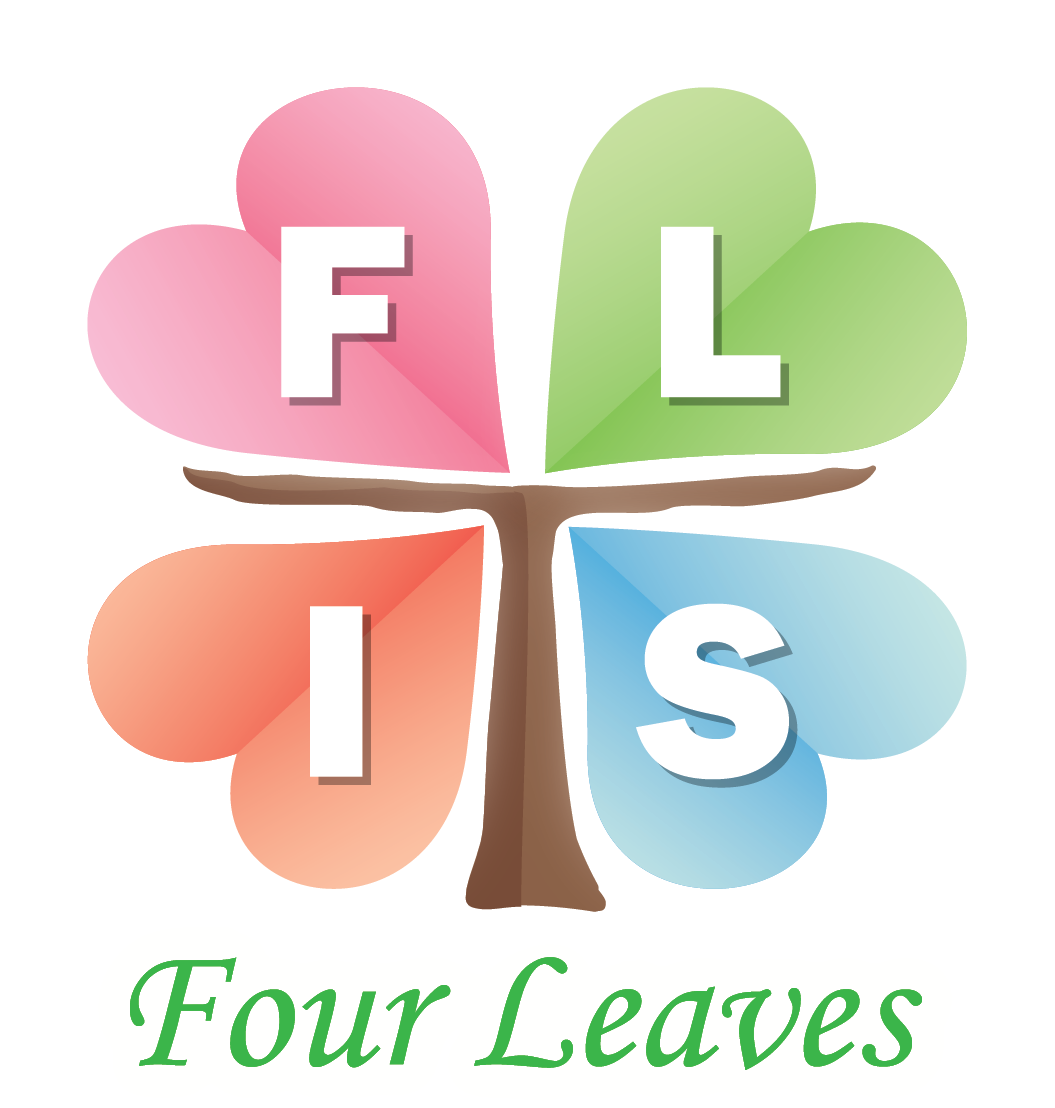Growing Self-Esteem: Nurturing Confidence and a Positive Sense of Self in Early Childhood
Early childhood is a crucial time for kids to develop and shape their self-esteem. Confidence and a keen sense of self are not natural; they are carefully cultivated through daily interactions, supportive environments, supportive parents and teachers, and encouragement. In a world that can be overwhelming, building a child’s self-worth from an early age is one of the most important journeys of a child and the biggest gift we can offer at Four Leaves International School Tokyo.
幼児期は、子どもたちが自己肯定感を育み、形成するための非常に重要な時期です。自信や強い自己意識は自然に身につくものではなく、日々の交流や支えとなる環境、サポートしてくれる親や先生、そして励ましを通じて丁寧に育まれていきます。複雑で圧倒されがちな世界の中で、子どもが幼い頃から自己価値を築くことは、子どもにとって最も大切な旅路の一つであり、Four Leaves International School Tokyoが提供できる最大の贈り物です。
What Is Self-Esteem in Early Childhood?
Self-esteem is a child’s internal sense of worth, how much they value themselves and believe in their abilities. According to the American Academy of Pediatrics (AAP), healthy self-esteem helps children feel competent, loved, and prepared to handle life’s challenges with resilience and optimism (AAP, 2019).
In early childhood, self-esteem is not tied to achievements or rewards. It is shaped more by how adults respond to children’s needs, efforts, and emotions. Whether they help each other in class, or show effort in class, the way their attempts are acknowledged by adults and teachers matters deeply.
幼児期の自己肯定感とは何か?
自己肯定感とは、子どもが自分自身の価値をどれだけ感じているか、自分の能力をどれだけ信じているかという内面的な感覚のことです。アメリカ小児科学会(AAP)によると、健全な自己肯定感は、子どもが自分を有能で愛されていると感じ、人生の困難に対して回復力と楽観的な態度で立ち向かう準備ができていることを助けるとされています(AAP, 2019)。
幼児期の自己肯定感は、成果や報酬に結びついているわけではありません。むしろ、大人が子どものニーズや努力、感情にどのように応じるかによって形作られます。クラスでお互いに助け合ったり、一生懸命取り組んだりしたときに、その努力を大人や先生がどう認めるかが非常に重要なのです。
Why It Matters
Children with strong self-esteem tend to be more active, sociable, eager to explore, and try new things with confidence. They are also better at managing their emotions because they do not see mistakes as failures but rather an opportunity to learn from them.
This emotional foundation affects not just academic performance but social development and mental well-being. Research by Branden (1994) suggests that children with positive self-esteem are more likely to form healthy relationships and become empathetic and responsible individuals later in life.
なぜ重要なのか
自己肯定感が強い子どもは、より活発で社交的になり、探求心旺盛で自信を持って新しいことに挑戦します。また、間違いを失敗と捉えるのではなく、学びの機会と捉えるため、感情のコントロールが上手です。
この感情の基盤は、学業成績だけでなく、社会性の発達や心の健康にも影響を与えます。Branden(1994)の研究によると、自己肯定感が高い子どもは、健康的な人間関係を築きやすく、将来は共感力があり責任感の強い大人になる可能性が高いとされています。
How We Nurture Self-Esteem at Four Leaves International School Tokyo
Our preschool environment is intentionally designed to support children’s self-confidence in appropriate ways. Here are a few examples of how we nurture self-esteem every day:
Celebrating Effort, Not Just Outcomes
We praise persistence, problem-solving, and cooperation, not just being “right.” Comments like, “You worked really hard on that drawing, good job!” or “I noticed how you helped your friend,” focusing on the process and character rather than achievements.
Creating Predictable Routines
Predictability builds security, and security is the first step toward self-confidence. When children know what to expect from their day, they are more likely to explore and engage fully.
Giving Children Real Responsibilities
Whether it is watering a plant, setting the table, or choosing the next song to sing, giving children ownership over small tasks builds their sense of competence and importance within the group.
Modeling Respect and Empathy
Teachers at Four Leaves International School Tokyo model how to treat oneself and others with respect. We name and validate feelings, set gentle boundaries, and guide problem-solving in a way that reinforces a child’s voice and dignity.
Valuing Every Child’s Individuality
Each child is seen as a unique individual with their own strengths, interests, and needs. We celebrate diversity and encourage children to express themselves authentically.
Four Leaves International School Tokyo における自己肯定感の育み方
当園では、子どもたちが自信を持って成長できるよう、意図的に設計された環境の中で日々の関わりを大切にしています。以下は、私たちが日常的に自己肯定感を育てるために行っている取り組みの一部です。
結果ではなく努力を称える
「正解」よりも、粘り強さや問題解決、協力の姿勢を評価します。
「その絵、とても頑張って描いたね、すごいよ!」や「お友だちを手伝ってあげていたのを見たよ」などの声かけは、成果ではなく努力や人柄に焦点を当てています。
予測可能なルーティンをつくる
予測できる日々の流れは安心感を生み、安心感は自己信頼の第一歩となります。1日の流れがわかっていることで、子どもたちはより主体的に活動に関わり、のびのびと探索できるようになります。
子どもに本物の責任を与える
植物に水をあげる、テーブルを準備する、次の歌を選ぶなど、日常の小さな仕事を任せることで、自分の力を実感し、集団の中での自分の役割に誇りを持つことができます。
尊重と共感の姿勢を示す
教師は、自分自身や他者を尊重する姿を言葉や行動で示します。感情に名前をつけて認め、優しく境界線を示しながら問題解決を導くことで、子どもの声と尊厳を大切にしています。
一人ひとりの個性を大切にする
子ども一人ひとりの強み、興味、ニーズを理解し、それぞれが唯一無二の存在として尊重されます。多様性を喜び合い、自分らしく表現できることを大切にしています。
Four Leaves International School Tokyo kids helping each other, trying their best and are praised by teachers
Four Leaves International School Tokyoの子どもたちは、お互いに助け合い、一生懸命取り組み、その姿を先生たちにしっかりと褒めてもらっています。
Working Together with Families
Parents and caregivers are co-creators in a child’s journey to self-confidence. That is why we share our thoughts, communicate openly, and create opportunities for families to contribute to school life. When children feel supported both at home and in school, their sense of self becomes stronger.
ご家庭との協力
子どもが自信を育む旅において、保護者の皆さまは大切な共同のパートナーです。だからこそ、私たちは日々の思いや気づきを共有し、オープンなコミュニケーションを大切にし、ご家庭が園生活に関わる機会を積極的に設けています。家庭と園の両方で支えられていると感じたとき、子どもの自己肯定感はぐんと強く育まれていきます。
In Closing
Growing self-esteem does not happen overnight, but with care, consistency, and connection, we help children develop their inner strength that they will carry for life. At Four Leaves International School Tokyo, we are proud to be a part of that journey, nurturing hearts as much as minds.
おわりに
自己肯定感は一夜にして育まれるものではありませんが、愛情・一貫性・つながりを大切にすることで、子どもたちは一生の宝となる内なる強さを身につけていきます。Four Leaves International School Tokyoでは、その大切な旅路の一部となれることを誇りに思い、子どもたちの心と知性の両方を丁寧に育んでいます。
References
American Academy of Pediatrics. (2019). Promoting Healthy Self-Esteem in Children.
Branden, N. (1994). The Six Pillars of Self-Esteem. Bantam.
Center on the Developing Child at Harvard University. (2021). Serve and Return Interaction Shapes Brain Architecture. https://developingchild.harvard.edu/


